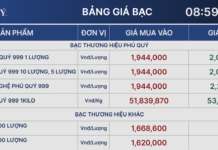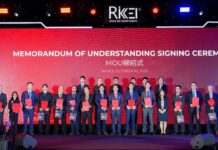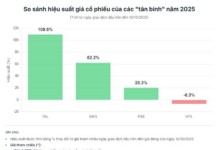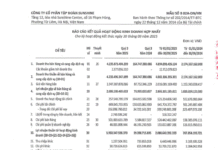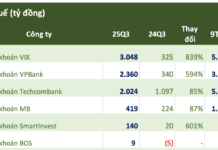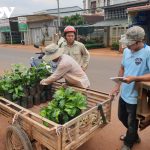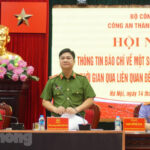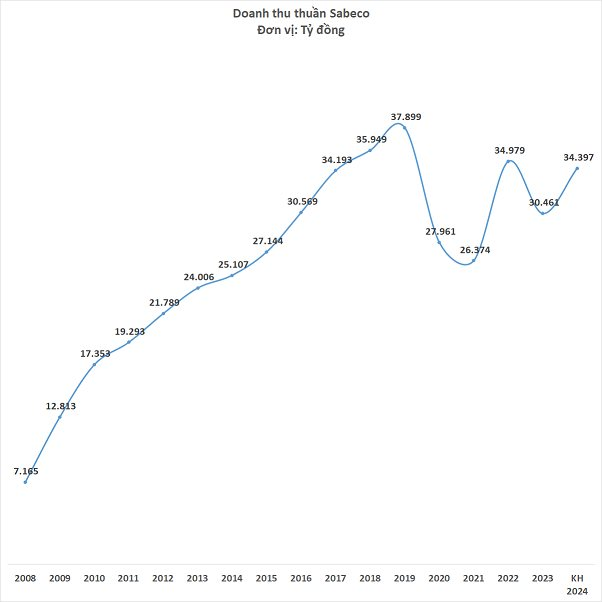In the Entrepreneurial Journey interview – Signature Voice with Sai Gon Online, Mr. Nguyen Ba Dat, CEO of Milano Coffee, shared the journey of Milano from a humble cafe to a well-known franchise chain.
Recalling the 90s and early 2000s when coffee quality was not yet consistent, the founder of Milano was determined to find a way to make a truly “quality” and “clean” cup of coffee and create its own coffee bean brand.
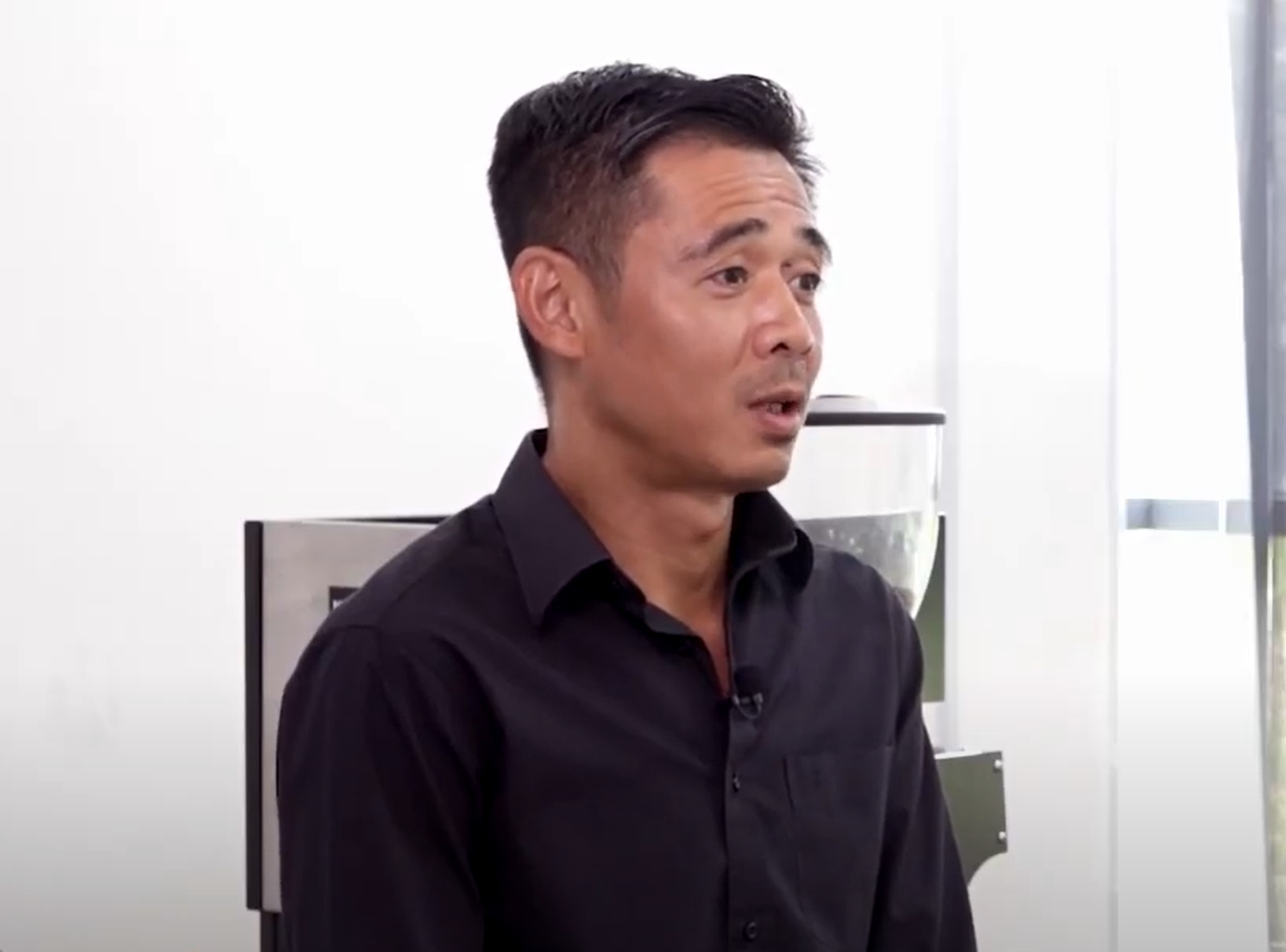
Mr. Nguyen Ba Dat at the interview
Explaining what prompted him to open the first Milano cafe in Go Vap, Ho Chi Minh City, in late 2011, Mr. Dat recalled, “Initially, his intention was only to roast and distribute authentic coffee to cafes. But at that time, the cafes did not prepare coffee the way he wanted.”
This marked Milano’s transition from a coffee supplier to the owner of a popular beverage brand in Ho Chi Minh City.
Unraveling the “consistent quality” challenge
From the beginning, Milano oriented its business towards franchising, which has become the core of the company’s operations.
“For those who are passionate about starting a business, with an investment of 100-200 million VND, you can start your own coffee shop,” shared Mr. Dat.
On Milano’s Facebook page, the current franchising cost is only 49 million VND, a 50% reduction from the initial cost.
Within four years, from 2014 to 2018, Milano’s network grew from 50 stores to over 1,000 by the end of 2018, with an average of 250 stores built for partners each year. Currently, Milano has opened 2,000 franchise stores in 57 provinces.
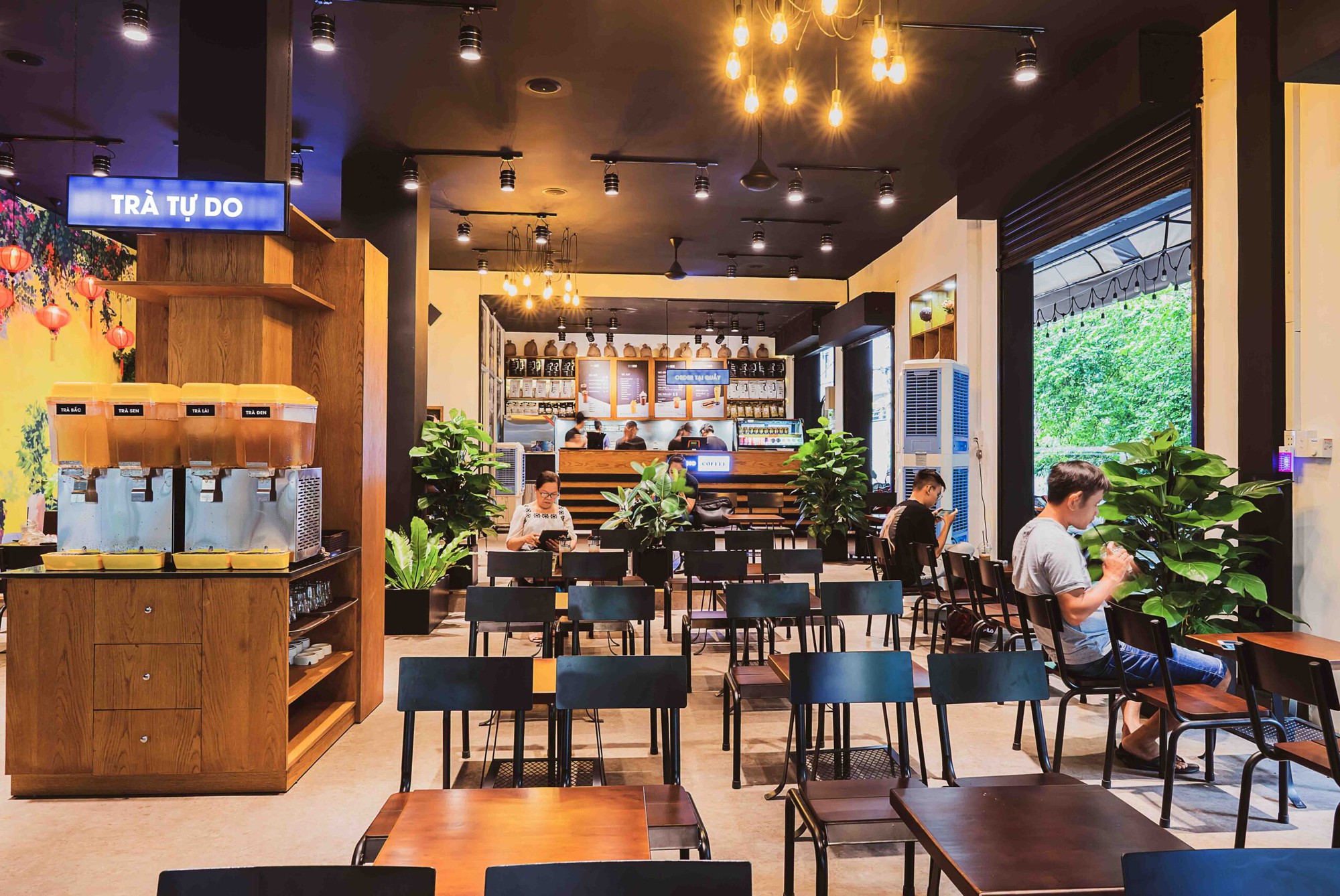
As the number of stores increased exponentially, the founder faced the challenge of ensuring consistent quality across the board. Specifically, Milano revealed that the key to controlling consistency is a “gentle but firm” approach.
“Milano has its own unique formula, and if an agent deviates from it, they will not be able to survive,” asserted Mr. Dat.
Instead of taking a percentage of the stores’ sales, Milano generates its income from roasting, grinding, and supplying coffee to its agents.
The challenges of franchising
Like many other franchise owners, Milano has also faced disputes and conflicts with its franchisees.
Acknowledging that contract violations are not uncommon, Mr. Dat recounted instances where agents disregarded the agreed-upon brewing methods to maximize profits.
“They mixed coffee from external sources or sold external products, violating Milano’s contract. Some businesses saw Milano as an overly popular brand and used the Milano sign to attract customers even though they were not official agents,” he added.
To address these issues, Milano has a dedicated legal team to monitor and take action in case of violations. There are corresponding frameworks to guide the handling of such situations. For example, if a case affects an agent, Milano will take stringent measures.
The story of franchising is not all rosy for coffee chains. Another coffee franchise, Aha Cafe, shares similarities with Milano in that its founder transitioned from manufacturing to business and adopted a mid-range, folksy cafe model.
However, when Aha Cafe first started franchising, it encountered a significant challenge. In 2017, a strategic investor returned six Aha Cafe stores simultaneously, all located in prime locations. Subsequently, this withdrawing shareholder launched its coffee brand, Kafa, with a similar style.
After this incident, Aha tightened its franchising policies. As of July 2024, the brand has nearly 80 franchise stores in Hanoi, according to the person in charge of franchising at Aha Cafe.

